On April 25th, 2021, The Academy of Motion Pictures Arts and Sciences will do something it’s never done before: present the Jean Hersholt Humanitarian Award to an organization. Along with fellow Jean Hersholt award recipient Tyler Perry, the Motion Picture & Television Fund (MPTF) will receive this award as “an organization in the motion picture arts and sciences whose humanitarian efforts have brought credit to the industry.” As MPTF celebrates its 100th anniversary, it’s fitting that its efforts resulted in this one-time amendment to the rules, since Jean Hersholt served as its president for 18 years and was awarded two Lifetime Achievement Awards by The Academy. To find out more about MPTF’s service during the pandemic, we spoke with CEO Bob Beitcher.
How has MPTF addressed the growing needs of its members caused by the pandemic?
We administer 10 COVID-19 relief funds for organizations such as The Academy, NETFLIX, IATSE, DGA, Teamsters Local 399, Warner Media, ViacomCBS—the list goes on. Through that we met with over 6,000 industry members who applied for financial relief. The way we do this is a hotline. They call and leave a number, and we call back and talk to people, because we don’t want to just assess them for financial relief. We know we can get you on a relief fund for a $1,000, but is that really addressing your problems? Can we make other referrals? Do you need someone to talk to?

I think our [20] social workers, who already had a very big caseload, made more than 20,000 calls to people affected by the pandemic. Dealing with social isolation, loneliness, depression, anxiety about what’s happening now, and also anxiety about what is going back to work going to look like for me? How am I going to be able to do it? I live with an immunocompromised spouse or partner, or I’m a caregiver for a mom or dad. All of that stuff, I’m in a hole, but I’m not really sure what coming out of the hole is going to look like.
What other needs did MPTF see rise?
There was a tremendous amount of food insecurity … more than double the amount of people that we deal with in a normal year … so grocery deliveries and social calling, that just blew up. We have two versions of social calling. One is The Daily Call Sheet, where you get paired up with one or two people, and you become a weekly, or more than weekly, phone buddy. Then we have something called Call Hub where you volunteer to make three calls a week—you randomly get three people that you check in with. See how they’re doing. What they might need.
You’d be shocked to learn that social isolation and loneliness, how high it is among younger people. The callers tend to be of all ages, and the recipients tend to be of all ages. I’d say they’re heavily weighted toward older people, but there are younger people who report that they have [hundreds of] friends on Facebook and zero in their personal lives. No friend that they feel like they can open up to and have a real intimate conversation with.
-

-

Beitcher on the set of MPTF’s closed circuit, day-long, live programming, Creative Chaos, that evolved and grew to meet residents’ needs on the Wasserman Campus during the pandemic.
Tell us how MPTF adapted its work on its Wasserman Campus.
We have 200+ retired industry members living there, in what I would call independent and assisted living, and also in long-term care and memory care. They were sheltered in place starting March 9 [2020], and we [had to change] their basic way of living. Our mode of operation is to focus on people holistically, so obviously we were very interested in the health safety of our residents, but we were equally interested in their mental and emotional health and how you sustain that through long months of social isolation. A lot of activities were created around that.
The most interesting is that we launched our own day-long, live streaming TV channel on campus—resident-generated, industry member-generated, and staff-generated. It’s everything from 10 o’clock exercise programs to 3 o’clock mindful meditation programs to Celebrity Password. We’ve had Tony Shalhoub and Diane Lane. Hawk Koch, one of our board members, does two interview shows [where] he’s interviewing people like Irwin Winkler and Billy Ray … and people who’ve either written books about the industry or industry members who’ve written about the industry. And we play the game Mafia. It was introduced to us by Golden Globe-winner Jodie Foster, and she plays once a month to every six weeks. We have closed-circuit TV for our residents, and if they want to interactively participate, they can do so through Zoom.
Are there any moments this past year that surprised you?
I’ve been here for 10 years. I know most of the employees by first name, they know me. I know that they’re a really wonderful group of people, but when this thing swept over us … I get a little emotional about this. I saw 400 people rise to the occasion in the most amazing ways possible.
I saw the head of our wellness program, when we opened an isolation unit for Covid patients, she came and said, they need administrative support, I’m going in. The head of our health insurance program, same thing. And one of our housekeepers stepped up and said, I want to be the housekeeper in the isolation unit because I took a course in special sanitation. Some people who worked in that unit, day in and day out, slept either [in] spare rooms on campus or at local hotels. They stayed away from their families for long periods of time. They were remarkable. They are everyday heroes who need to be really proud of themselves.
Do you think the pandemic will change the way MPTF helps members in the future?
When you’re working within these new parameters which are much more narrow and you’re trying to accomplish the same things, you need to be innovative. We plan to continue Creative Chaos, the live stream. Another one of its programs is called Cinephiles. One week we’re talking about Westerns, another week we’re talking about films with Black directors. It’s drawn people out. … [Residents] have said to me, these shows saved my life. It’s our hope that we can make it more of a national platform. We think it’s great programming for seniors anywhere in the country.

What other new services does MPTF plan to continue using?
What we’ve learned is that although you wouldn’t want to do it solely this way, having these virtual meetings with some of your clients isn’t so bad. One of the things our social workers in the community like to be able to do is, oh, let me come over and see you. Because they want to see, is he a hoarder? Is she living in a situation where there might be loose wires? All of these visual cues that are incredibly important for a social worker. If you can get someone on Zoom, you can learn a lot about what’s going on in their life, and it saves you a trip driving to Santa Clarita. It’s not a substitute, but it’s a nice complement to a lot of our work.
What does receiving the Jean Hersholt Humanitarian Award mean for the Motion Picture & Television Fund?
I think we all feel that we’re incredibly blessed that we have jobs where we can come to work every day and know that we’re making other people’s lives better. And for me, knowing the history of this place, it’s not just the 400 people who are working here now—it’s the 10,000 people who have worked here over the last 100 years to sustain this organization.
The photo that’s in my office of a shovel and dirt, when the campus started construction in 1941, it’s Jean Hersholt and Mary Pickford. He’s the guy who raised the money to buy the campus. We’re incredibly grateful to The Academy for recognizing [us], and we appreciate it, but it also makes a lot of sense. It’s the Jean Hersholt Humanitarian Award, and Jean Hersholt was an integral part of the fabric of MPTF and its humanitarian activity for the last hundred years. The loop is closed.
Learn more about the Motion Picture & Television Fund at https://mptf.com.
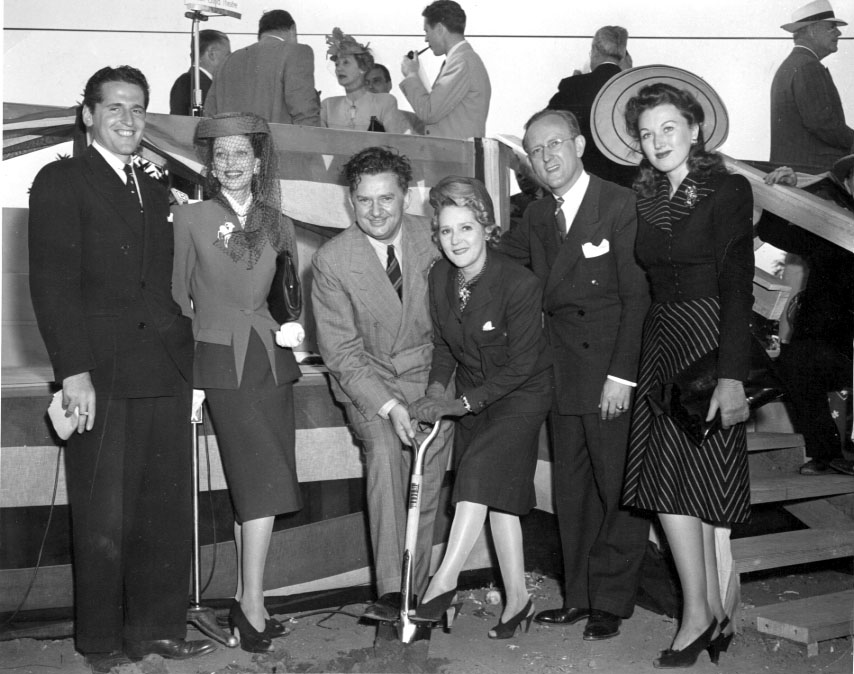


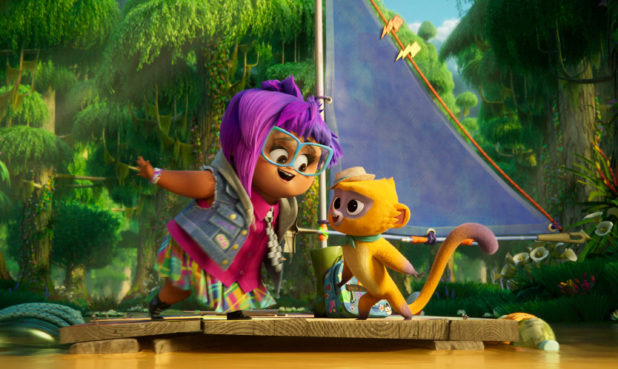
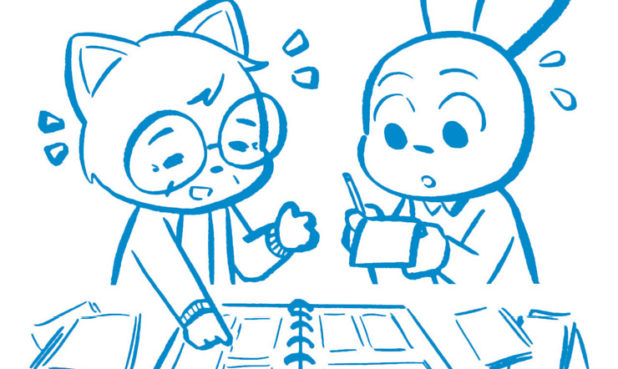
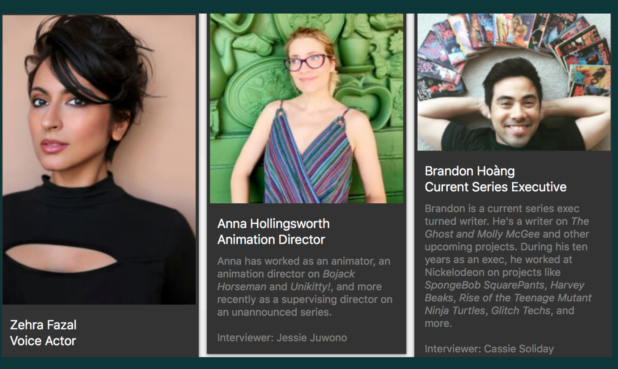
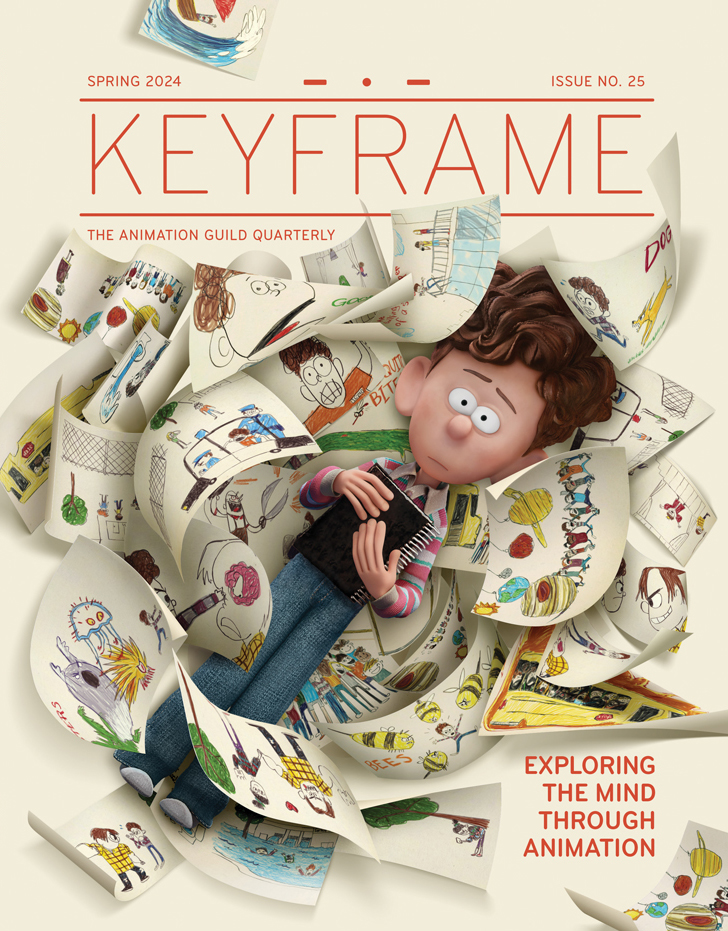
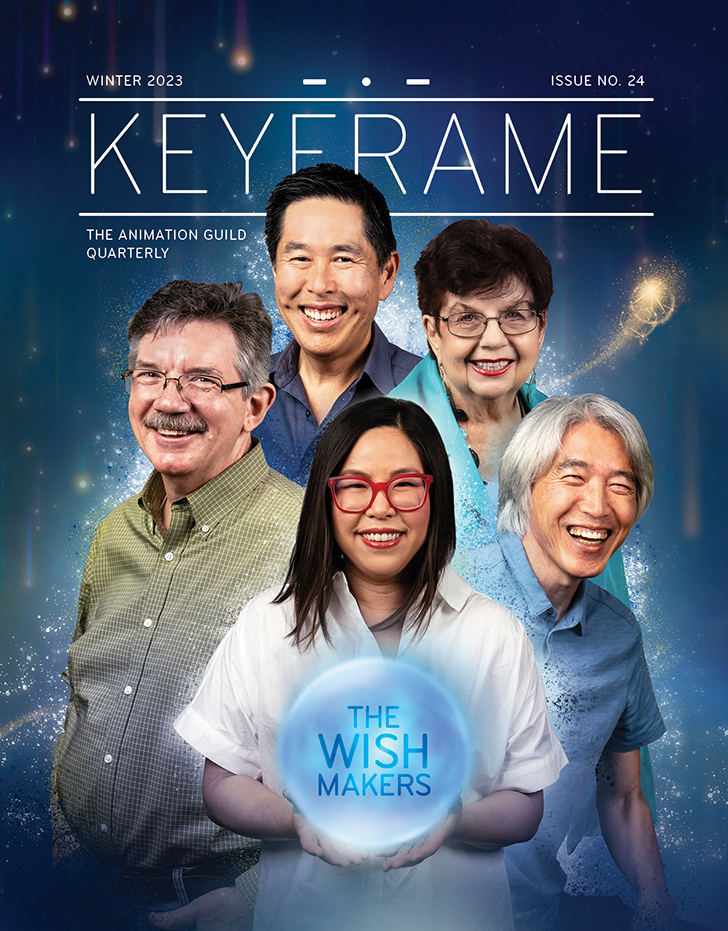
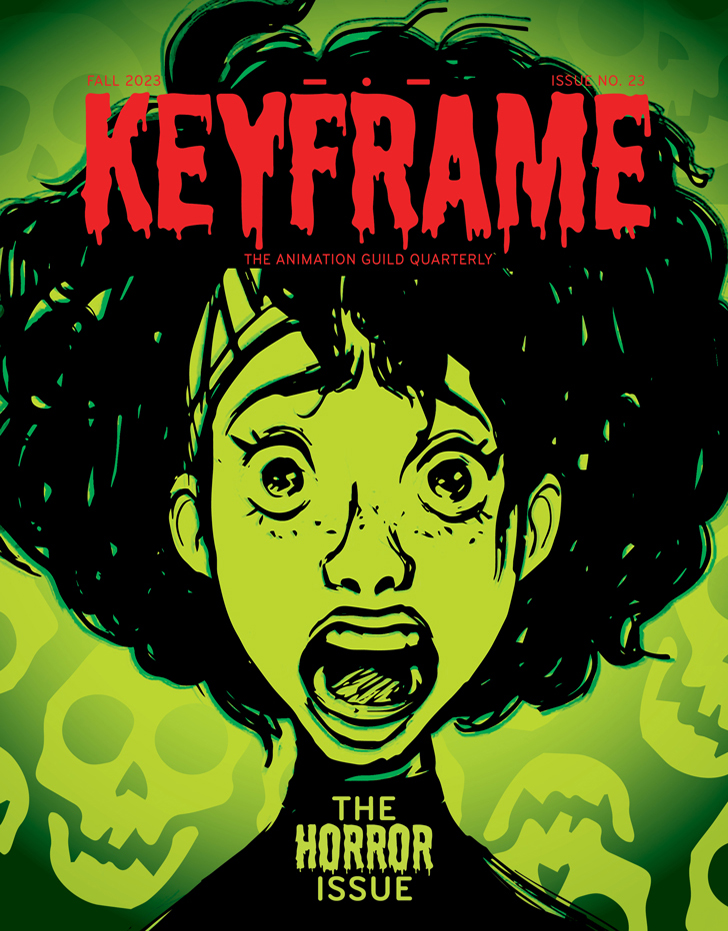
.png)